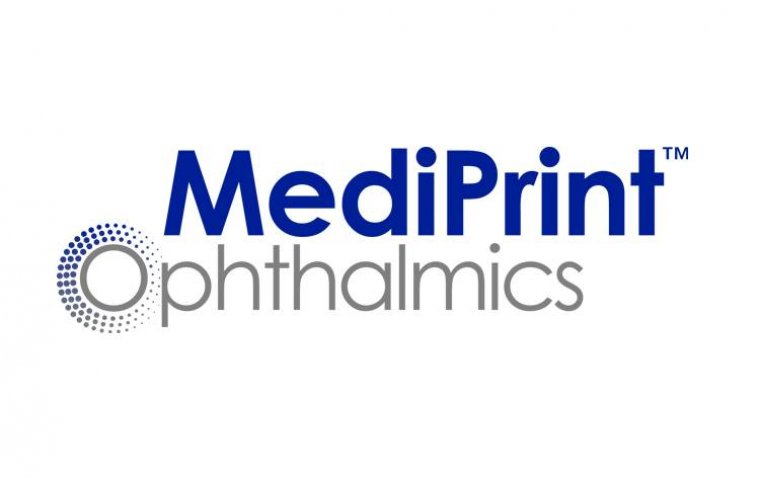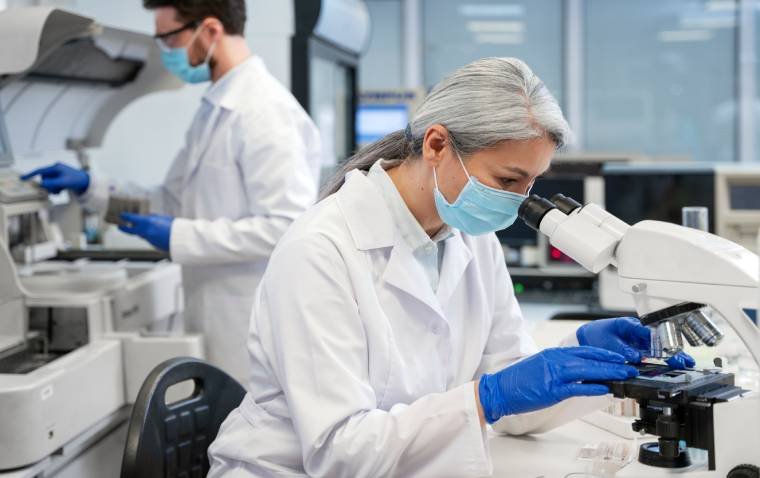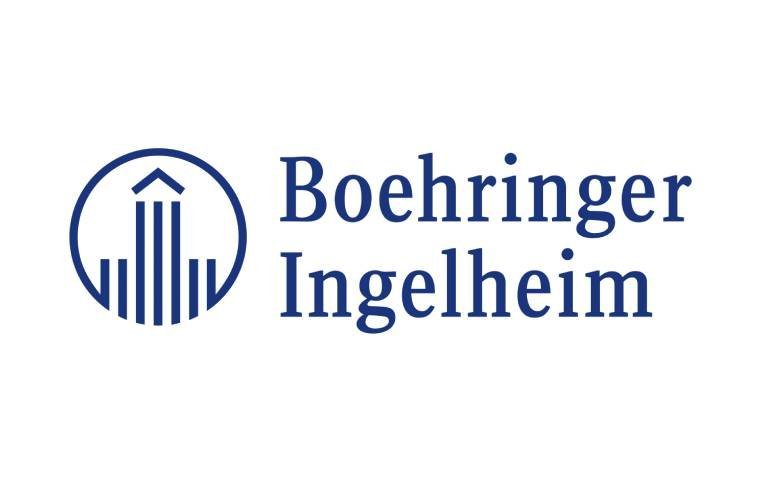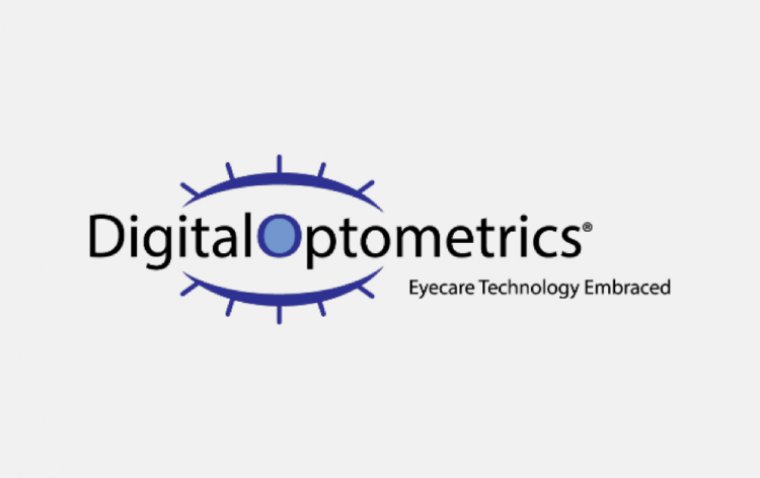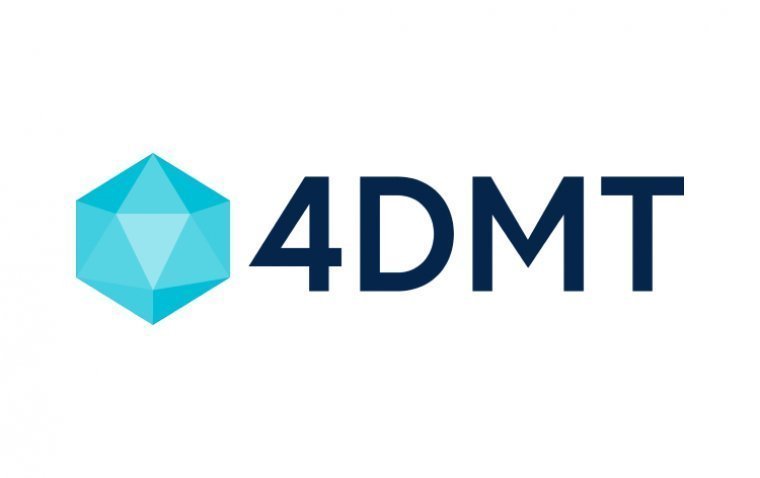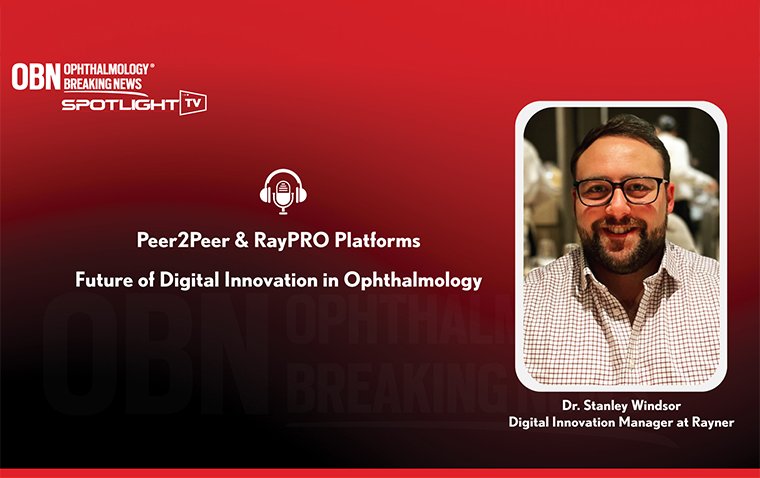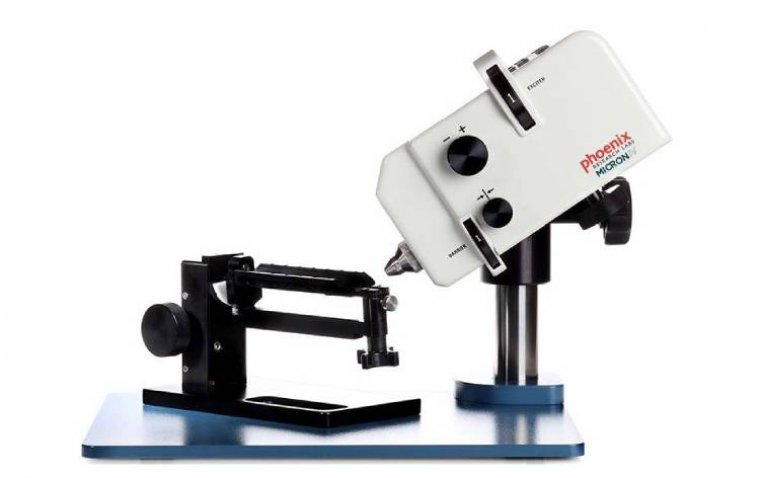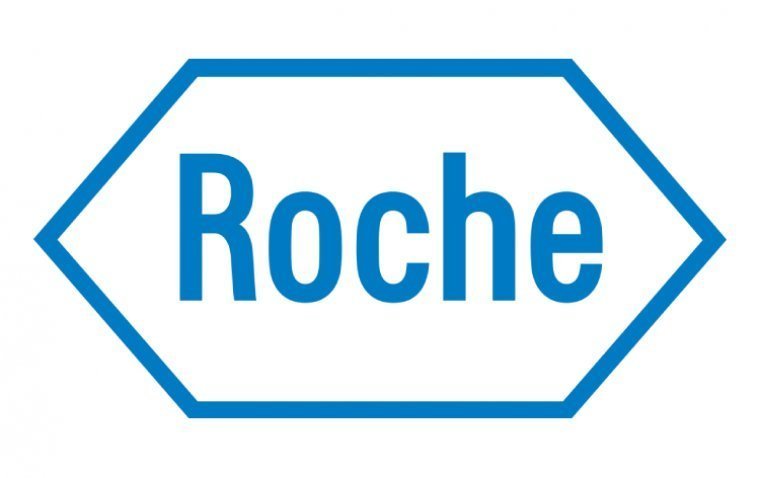
LambdaVision Secures Funding to Propel Artificial Retina Development
LambdaVision, a pioneering company dedicated to developing a protein-based artificial retina aimed at restoring sight lost to retinal degenerative diseases, announced the successful first closing of its seed round to advance its artificial retina development.
The funding injection will fuel LambdaVision's efforts to scale up its manufacturing processes to Good Manufacturing Practice (GMP) standards and conduct crucial Investigational New Drug (IND)-enabling efficacy and toxicity studies. These advancements bring LambdaVision one step closer to initiating clinical trials, initially targeting blind patients afflicted with advanced retinitis pigmentosa (RP).
Aurelia Foundry Fund Leads Financing Round
Aurelia Foundry Fund, a fund stemming from MIT, leads the financing round, underscoring confidence in LambdaVision's innovative approach. The round also sees participation from Boryung, a publicly listed Korean pharmaceutical company, and E2MC Ventures.
Restoring Sight through Innovative Technology
"This support from the Aurelia Foundry Fund and other high-profile investors underscores the potential of our approach toward treating retinal degenerative diseases and further validates our innovative space-based manufacturing approach to benefit those on Earth," remarked Nicole Wagner, PhD, CEO of LambdaVision, in a company news release. "We are grateful for the support of our new partners and hope to welcome additional institutions or qualified investors to fill the seed round."
LambdaVision's Artificial Retina
LambdaVision's novel artificial retina holds promise in restoring meaningful vision for individuals affected by blindness or significant sight loss due to RP and age-related macular degeneration (AMD). While preclinical studies are conducted on Earth, LambdaVision is optimizing assembly of its artificial retina in low-Earth orbit. Leveraging the unique conditions of microgravity, LambdaVision anticipates enhancements in production efficiency and product quality due to the distinct behavior of solutions and thin films comprising the artificial retina.
The protein-based artificial retina is crafted through a meticulous layer-by-layer production process, alternating layers of the protein bacteriorhodopsin and a polymer, supported by a membrane of synthetic fiber long utilized in the medical field. By utilizing a protein akin to the visual pigment rhodopsin found naturally in human eyes, LambdaVision's patent-protected artificial retina emulates the light-absorbing properties of human photoreceptors.
In parallel, LambdaVision has received a Notice of Allowance from the United States Patent and Trademark Office (USPTO) for a worldwide patent application. This patent encompasses a comprehensive definition of the production process and functional features of the artificial retina technology, reinforcing LambdaVision's position as a leader in innovative sight restoration solutions.
(1).jpg)
